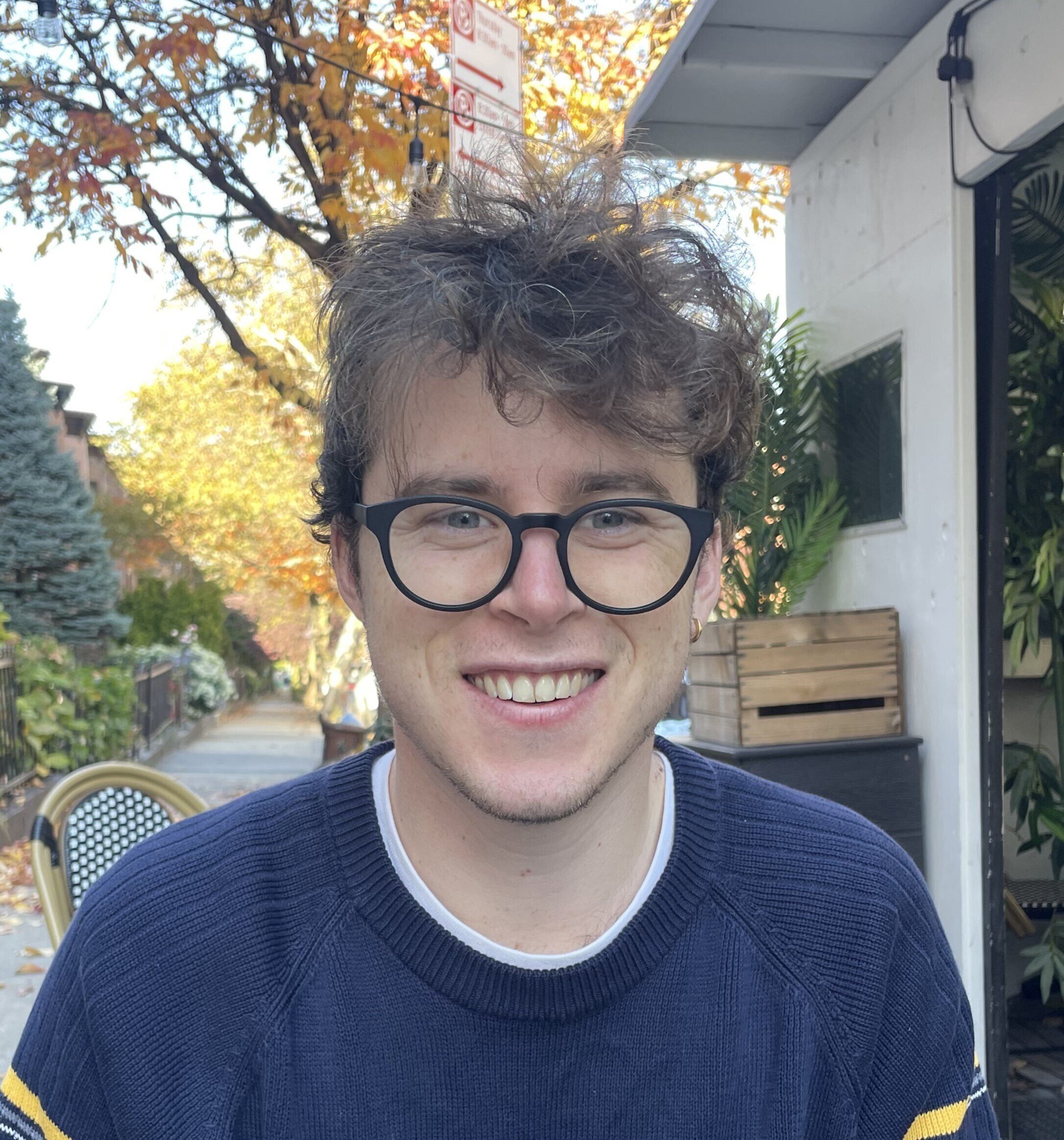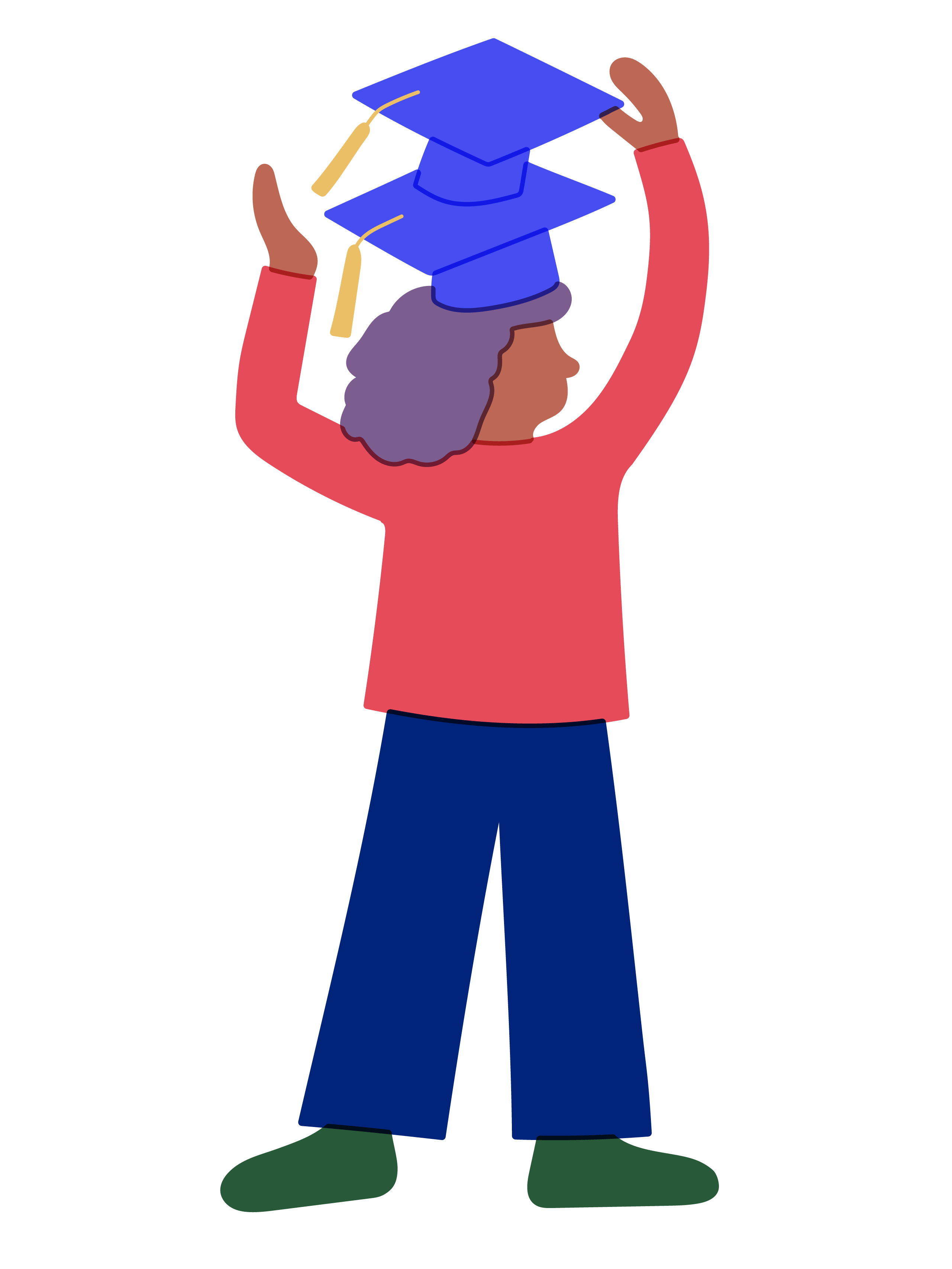Applying to graduate school, whether it be to pursue a Master’s or a PhD, is a weighty decision. The application process includes several months of preparation, organization, and motivation before you even start the program! Graduate applications have continued to grow in popularity, which has caused a rise in selectivity. With hundreds of applicants competing for only a handful of coveted spots in a funded program, each applicant must give the admissions committee the best opportunity to evaluate their fit. You’ve done the prep work, you’ve graduated from your undergraduate institution with flying colors and gained significant life experience in the process. Now, all that is left is constructing the perfect application to present your excellence. It is time to nail the essay. The abstract and discrete components that define your scholarly profile must be condensed, processed, and evaluated with high stakes.
It is important to ensure that your efforts are not wasted. A dizzying amount of information exists to advise the prospective graduate student on their application. The scope and depth of advice can make the application process more complicated than it truly is. I know firsthand - I read it all when applying for top programs in English, where I ultimately secured funding for a six-year doctorate.
To counteract decision fatigue and offer targeted advice on crafting your graduate Statement of Purpose, here are three tips to help you structure your essay.
1. Situate your research topic and demonstrate its importance
Why are you applying to graduate school in the first place? The beginning of your essay should discuss what you would like to research and how it is important to society, the academy or/and yourself. This part of the essay should also incorporate reasons why you are qualified to study your topic and how you came to find it. To admit you, the admissions committee needs to know what you think and why it matters.
2. Identify gaps in existing scholarship
Okay, your topic is both amazing and relevant--but what if it has already been researched to completion? Identifying a gap in existing research will solidify your argument that your research warrants institutional funding. You should have conducted literature reviews to reach this point; indicate authors or researchers that touch your topic but miss the exact area you’d like to focus on. It will also demonstrate your familiarity with the field. Graduate school is about transforming from a consumer of knowledge to a producer of knowledge. Show the committee that you have already begun the process of shifting to knowledge production, even if just in the abstract.
3. Explain how the particular program and advisors suit your research
Why this exact program? You should have concrete answers and examples as to why this specific program ideally aligns with your research. Avoid cramming it into a paragraph at the end. Instead, weave your explanation of the program’s fit throughout the paper. It should be overtly clear that this program, these professors, and that academic resource is perfect for you. Also, include how you would contribute back to the program. Remember, you are joining a small cohort of students and professors, likely for years at a time. Show how you would be a good community member.


Comments